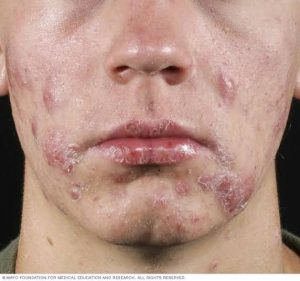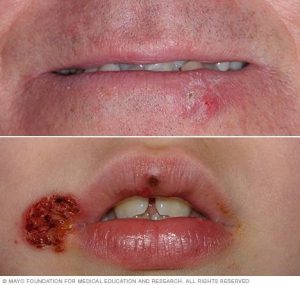As the saying goes, “your face tells a story,” and according to health experts, it might be revealing more than you think. Subtle changes in facial features could indicate underlying health issues, prompting a call for increased awareness and monitoring of these signs.
Experts highlight four key facial changes that individuals should pay attention to:
- Thinning Eyebrows: Livestrong.com points out that thinning eyebrows could be a sign of various health conditions such as hypothyroidism and atopic dermatitis. Hypothyroidism, characterized by an underactive thyroid gland, often leads to overall hair thinning, including eyebrows. Similarly, atopic dermatitis, a prevalent skin condition affecting around 20% of individuals, may contribute to eyebrow loss as well.
- Acne and Unusual Hair Growth: While minor acne and peach fuzz are considered normal, the presence of severe acne or excessive facial hair growth could signal a deeper health concern, such as Polycystic Ovary Syndrome (PCOS). PCOS is linked to irregular menstrual periods, obesity, infertility, and abnormal hair growth, and early detection is crucial for effective management.

- Red Rashes and Bumps: The appearance of red rashes or bumps on the face or neck should not be ignored, as they might be indicative of underlying autoimmune diseases like lupus or celiac disease, or digestive issues. Tracking these symptoms and seeking medical advice promptly is essential for proper diagnosis and treatment.
- Under-eye Circles: While occasional dark circles under the eyes are often attributed to lack of sleep, experts warn that if accompanied by red or black spots, they could be a sign of Dermatomyositis, an autoimmune disorder characterized by muscle pain and weakness. Immediate consultation with a healthcare professional is recommended upon noticing these signs.

Health experts emphasize the importance of paying attention to these facial changes and seeking medical evaluation if any concerning symptoms arise. Early detection and intervention can significantly impact the management and prognosis of underlying health conditions.

